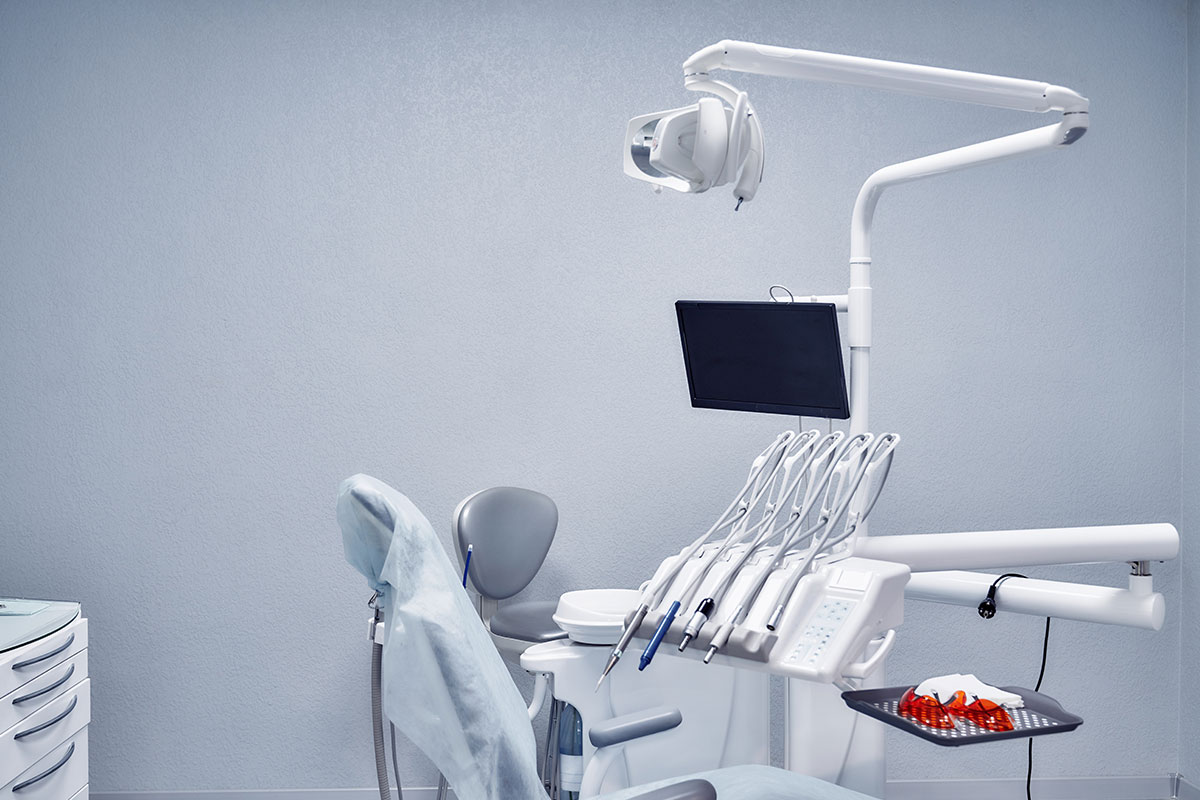The acquisition of a dental practice involves more than just the transaction itself. It necessitates a strategic approach to allocate the purchase price appropriately, ensuring both buyer and seller are in compliance with accounting standards while maximizing tax benefits. In this process, purchase price allocation (PPA) is a crucial aspect, impacting financial reporting, tax implications, and future valuation assessments.
Understanding Purchase Price Allocation
PPA involves attributing the total purchase price of a dental practice to its identifiable assets and liabilities. For dental CPAs and professionals involved in practice acquisitions, a comprehensive understanding of PPA is vital.
Considering a significant portion of practices in the U.S. operate as S Corporations, dentists seeking to sell their parts typically hold a neutral stance between selling stock or assets. On the other hand, prospective buyers often lean towards acquiring specific assets. As a result, the prevalent structure for transactions involving dental practices often takes the form of asset acquisitions. In this scenario, an integral consideration revolves around purchase price allocation, directly influencing both the tax obligations of the selling dentist and the tax foundation for the acquiring party concerning the assets being transferred.
Identifying Assets & Determining Fair Value
In dental practice acquisitions, various asset classes demand allocation of the purchase price. These encompass liquid assets like cash, securities, and accounts receivable to less liquid ones such as property, equipment, and goodwill. Properly identifying and valuing these assets during PPA is essential and it often necessitates appraisals, especially for the less liquid hard assets, to ensure accurate valuation during the allocation process.
Here you must consider intangible assets too, such as patient lists, goodwill, brand reputation, and non-compete agreements. For instance, patient lists represent a significant value driver for dental practices. Their accurate valuation plays a pivotal role in determining the purchase price allocation.
To help you identify and map all of your assets, you can read this post written by our experts.
Tax Implications and Reporting Compliance
A well-structured purchase price allocation can have substantial tax implications for both buyers and sellers in dental practice transactions. Properly allocating the purchase price among tangible and intangible assets can affect depreciation, amortization, and tax deductions.
For instance, allocating a higher portion to intangible assets may allow for longer amortization periods, affecting the long-term tax implications for both parties involved. On the other hand, allocating a significant part to tangible assets that depreciate faster, like specialized dental equipment, can lead to quicker tax write-offs for the buyer, enhancing the immediate financial benefits of the acquisition.
Strategic Allocation for Dental Practice Sellers and Buyers
As we mentioned before, the allocation of the purchase price in dental practice acquisitions can significantly impact both sellers’ and buyers’ tax liabilities. Dentists selling their practice typically prefer allocating the price to asset classes subject to capital gains tax treatment, while buyers aim for deductions against the new practice’s income. Achieving an optimal allocation becomes crucial, as preferences between buyers and sellers often conflict.
In this scenario, we usually recommend a collaborative approach among dental CPAs, valuation experts, legal advisors, and dental industry specialists. A multidisciplinary team approach ensures a comprehensive evaluation of the practice’s assets and liabilities, resulting in a fair and advantageous allocation for both parties involved.
While this overview provides essential insights, consulting a dental CPA is strongly advised to navigate this process seamlessly. Avoid unforeseen tax burdens and ensure a smooth transition by gaining a comprehensive understanding of purchase price allocation.
Planning a Dental Practice Transition?
If you’re considering selling or acquiring a dental practice, reach out to our dental CPA experts for a confidential consultation tailored to your specific needs and ensure a seamless transition in your dental journey. Set up an appointment here.




